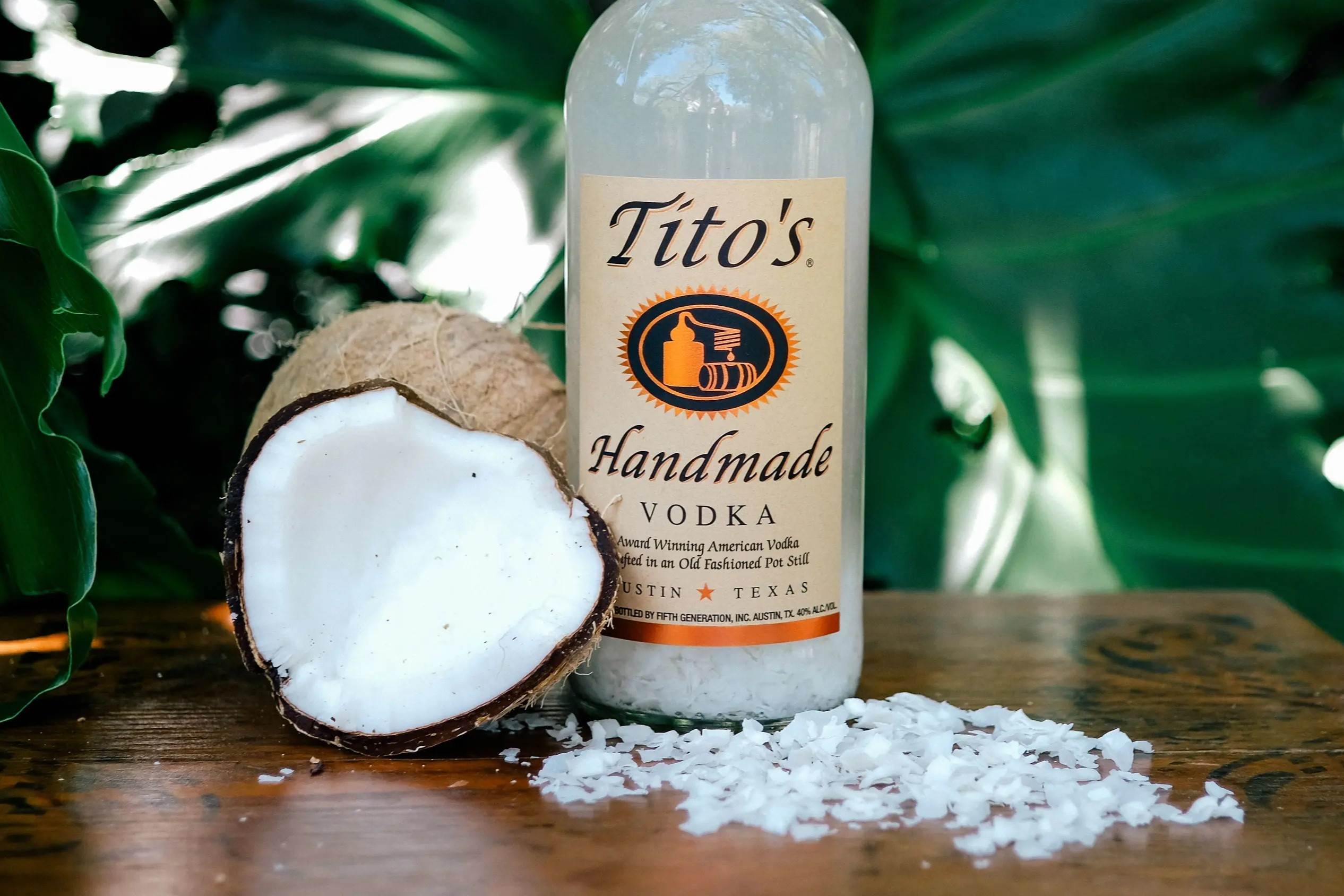
Coconut vodka is a popular alcoholic beverage that brings a tropical twist to classic cocktails. Made from the fermented juice of coconuts, this smooth and refreshing spirit is the perfect companion for those looking to add a touch of paradise to their drinks. Not only does it boast a distinct flavor profile, but coconut vodka also offers some surprising nutritional benefits. In this article, we will explore 10 coconut vodka nutrition facts that will make you appreciate this indulgent drink even more. From its low calorie count to its rich source of essential minerals, you’ll be pleasantly surprised by what coconut vodka has to offer. So, grab a glass and join us on this journey to uncover the nutritional wonders of coconut vodka!
Key Takeaways:
- Coconut vodka is rich in calories and carbs, with a hint of essential minerals. Enjoy it in moderation to avoid excessive sugar intake and keep an eye on your overall health.
- While coconut vodka is cholesterol-free and low in sodium, it’s important to remember that it’s best enjoyed in moderation. Keep an eye on your sugar intake and consult a healthcare professional if needed.
Rich in Calories and Carbohydrates
Coconut vodka is known for its rich and smooth taste, but it also packs a punch when it comes to calories and carbohydrates. A single shot of coconut vodka contains approximately 98 calories and 5 grams of carbohydrates.
Contains Essential Vitamins and Minerals
While coconut vodka may not be a significant source of essential vitamins and minerals, it does contain traces of potassium, magnesium, and iron. These minerals contribute to the overall nutritional value of the drink.
Moderate Amounts of Fat
Coconut vodka contains a moderate amount of fat, with approximately 0.1 grams per shot. However, it’s important to note that most of the calories in coconut vodka come from carbohydrates rather than fat.
No Protein
Unlike some other alcoholic beverages, coconut vodka does not contain any significant amount of protein. Protein is essential for muscle repair and growth, so it’s important to include other sources of protein in your diet.
Low in Sodium
Coconut vodka is generally low in sodium, which can be beneficial for individuals who need to watch their sodium intake. However, it’s always a good idea to drink alcohol in moderation and consult with a healthcare professional if you have specific dietary restrictions.
Zero Cholesterol
One of the advantages of coconut vodka is that it is cholesterol-free. High cholesterol levels can increase the risk of heart disease, so choosing cholesterol-free options can be a healthier choice.
Limited Fiber Content
While coconut vodka is made from coconuts, it does not contain a significant amount of fiber. Dietary fiber is important for digestion and can help regulate blood sugar levels.
Contains Small Amounts of Natural Sugars
Coconut vodka contains small amounts of natural sugars, which contribute to its sweet taste. However, individuals with diabetes or those watching their sugar intake should consume coconut vodka in moderation.
No Artificial Colors or Flavors
One of the benefits of coconut vodka is that it is typically free from artificial colors or flavors. This can make it a more natural choice compared to other flavored alcoholic beverages on the market.
Best Enjoyed in Moderation
Like any alcoholic beverage, coconut vodka should be enjoyed in moderation. Excessive consumption can have negative effects on health and can lead to addiction or other alcohol-related issues.
Conclusion
Coconut vodka is not only a delicious and refreshing beverage, but it also offers some surprising nutritional benefits. With its unique combination of coconut and vodka, this drink provides a tropical twist to your cocktail experience. However, remember to consume it in moderation, as alcohol should always be enjoyed responsibly.
From boosting your immune system to providing essential nutrients, coconut vodka can be a good addition to your overall diet. Just keep in mind that these nutritional benefits are based on moderate consumption and should not be viewed as a replacement for a balanced, healthy diet.
FAQs
Q: Can coconut vodka help with weight loss?
A: While coconut vodka does contain fewer calories than some other alcoholic beverages, it still contains calories and should be consumed in moderation as part of a balanced diet.
Q: Is coconut vodka gluten-free?
A: Yes, coconut vodka is typically gluten-free, making it a suitable choice for individuals with gluten sensitivities or celiac disease. However, always double-check the label before purchasing.
Q: Does coconut vodka have any health benefits?
A: Coconut vodka contains lauric acid, which has been linked to potential antiviral and immune-boosting properties. However, these benefits are only present in moderation and should not be relied upon as a primary source of nutrition.
Q: Is coconut vodka suitable for vegetarians and vegans?
A: As long as the vodka used in coconut vodka production doesn’t involve animal-derived ingredients, it can be considered suitable for vegetarians and vegans. Always check the ingredients or consult with the manufacturer to ensure it aligns with your dietary preferences.
Q: Can I drink coconut vodka if I’m lactose intolerant?
A: Coconut vodka is lactose-free and can be a suitable alternative for individuals with lactose intolerance. However, it’s always a good idea to check the label to ensure it doesn’t contain any additional ingredients that could trigger your intolerance.
Was this page helpful?
Our commitment to delivering trustworthy and engaging content is at the heart of what we do. Each fact on our site is contributed by real users like you, bringing a wealth of diverse insights and information. To ensure the highest standards of accuracy and reliability, our dedicated editors meticulously review each submission. This process guarantees that the facts we share are not only fascinating but also credible. Trust in our commitment to quality and authenticity as you explore and learn with us.
